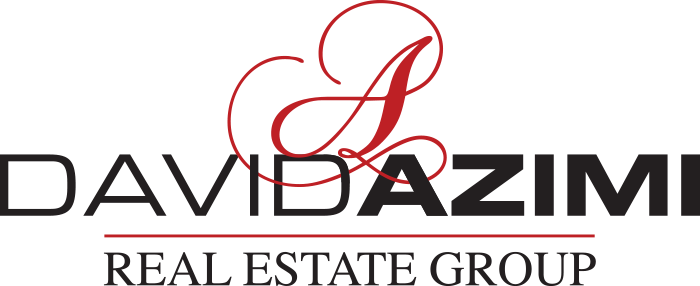Jumbo Loans for Beginners
Discover what a jumbo loan is and how it might benefit you.
A jumbo loan is indeed a more substantial debt than other mortgages, but it might be your best choice. Of course, that depends on your income, the price of the home you want to buy, and the available loan options you have at your disposal.
A jumbo loan is a loan that exceeds the conforming loan limits set by the Federal Housing Enterprise Oversight. That means that any mortgage, which is nonconforming and exceeds the loan limit set the area where the home is located is considered jumbo.
Understanding conforming loan limits for properties where you want to buy a house is the key to understanding jumbo loans. Loan limits are naturally higher in areas where the cost of living is higher. Remember that limits are tied to the local median value of homes.
Qualifying for a jumbo mortgage is just like qualifying for any other mortgage. Your eligibility depends on income, credit score, employment status, and cash reserves.
Usually, it is harder to qualify for a jumbo loan than a nonconforming loan. That is because the loan is outside of the parameters set by the government. Lenders have to evaluate your ability to pay back the loan carefully. Most lenders will require you to exceed the standard requirements for conforming mortgages.
This means that your credit score and debt to income ratio are critical. Credit scores need to be higher for jumbo loans than other types of mortgages. Additionally, the debt to income ratio is generally lower for jumbo loans. Also important are your cash reserves. Jumbo lenders will require you to have anywhere from three to twenty-four months of reserves available. Money in the bank counts toward your reserves, as do retirement or investment accounts.
Another important factor that lenders consider is how much you are putting down. Most experts suggest you should plan on at least a 5% down payment if you are applying for a jumbo loan. Anything less than 20% will require you to purchase private mortgage insurance.
Investment banks tend to offer the most competitive rates on jumbo loans, but it is essential to speak with several lenders to find the best rate. Jumbo loan rates are not much different from conforming loan rates. In some cases, they are actually lower.
You might be the right candidate for a jumbo loan if you can cover a larger monthly payment and have the qualifying amount of cash reserves.
Jumbo loan applications might be delayed if a lender cannot verify your assets during underwriting. Additionally, if you are unable to provide two years of stable employment history and have recently changed from a W2 job to being self-employed, you might have difficulty qualifying.
Consider your options carefully when evaluating a jumbo loan. It might just be the best thing for you.
The post Jumbo Loans for Beginners appeared first on David Azimi.










Contact
Mobile: 510-386-4844
Office: 510-386-4844
INFO@DAVIDAZIMIGROUP.COM
860 Hillview Ct, Milpitas, CA 95035, United States of America
CA DRE# 01790940
Quicklinks
Follow us
All information provided is deemed reliable but is not guaranteed and should be independently verified. This website and its affiliates make no representation, warranty or guarantee as to accuracy of any information contained on this website. You should consult your advisors for an independent verification of any properties or legal advice.



